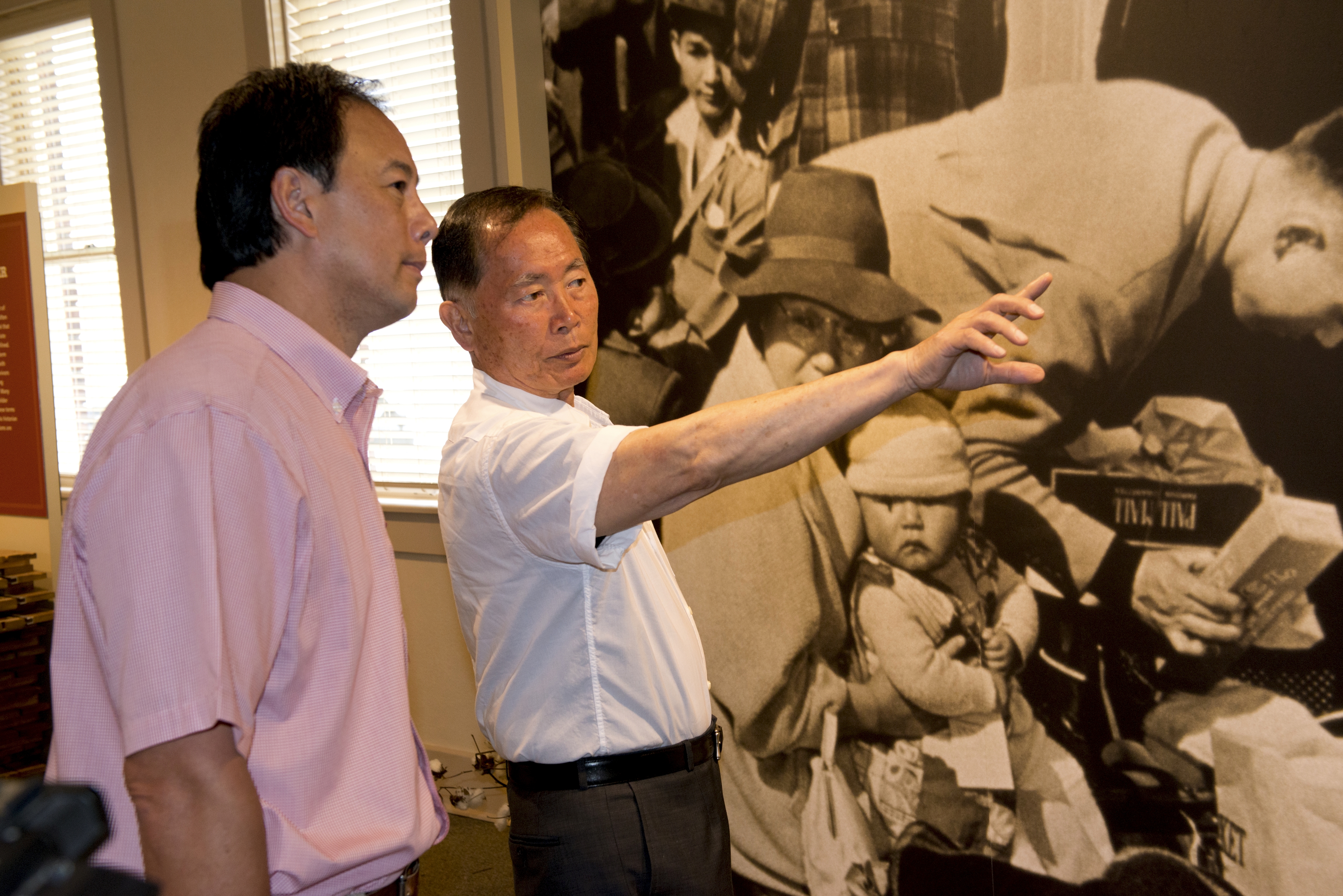Commemorating Rohwer and Jerome
On Tuesday, April 16, Japanese American internment in Arkansas during World War II will be commemorated through two ceremonies in Desha County. The events begin with the dedication and opening of the World War II Japanese American Internment Museum in McGehee.
Following the opening ceremonies, attendees will tour the new museum, housed in McGehee’s historic train depot at 100 South Railroad Street. The museum will serve as the Jerome-Rohwer Interpretive and Visitor Center and houses the featured exhibit, “Against Their Will: The Japanese American Experience in World War II Arkansas.” A ceremony unveiling the new outdoor exhibits begins at the Rohwer Relocation Center in Rohwer. The exhibits provide a glimpse into the lives of Japanese Americans once interned there. Both events are free and open to the public.

Actor and writer George Takei, best known for his role as Lieutenant Hikaru Sulu on the original Star Trek television series, will be a special guest at both events. Takei was interned as a young boy with his family at Rohwer. The photo to the right is of young George at Rohwer, circa 1942.
The new outdoor interpretive exhibits at the site include a series of kiosks and wayside panels, with audio components narrated by Takei.
Many Arkansans are unaware of the story of Jerome and Rohwer. After the United States entered World War II, President Franklin Roosevelt created the War Relocation Authority, creating 10 sites throughout the country to incarcerate Japanese-Americans as a means of national security. Rohwer and Jerome were established in March 1942 and served as the War Relocation Authority’s easternmost camp sites.
The two camps would eventually house over 17,000 people. Jerome, located in Drew County, operated the shortest amount of time of any of the 10 camps, from Oct. 6, 1942, to June 30, 1944. All that remains of the camp is a smokestack from the camp’s laundry remains. A granite marker commemorates the camp’s location. Rohwer is located northeast of McGehee. The camp was opened Sept. 18, 1942, and did not close until Nov. 30, 1945, making it one of the last camps to cease operation. The location has several commemorative markers and a small cemetery. The site is listed on the National Register of Historic Places and has been designated a National Historic Landmark.
The World War II Japanese American Internment Museum is located at 100 S. Railroad St. in downtown McGehee.
